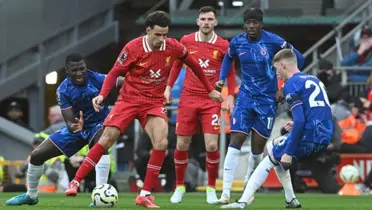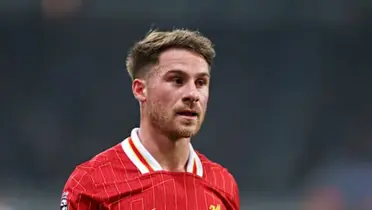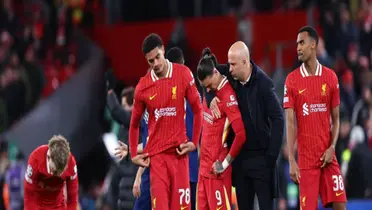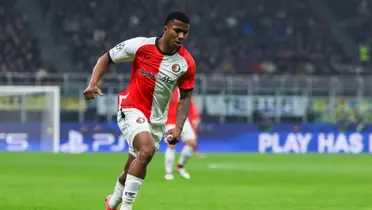The evolution of Liverpool: From the 70s to the present, a journey through football history
Liverpool: The transformation of a football giant (from the 70s to today)

Liverpool Football Club, one of the most iconic clubs in world football, has undergone a radical transformation since its early days in the 1970s. The Reds have evolved from a local team with modest aspirations into a global powerhouse, regularly winning continental and domestic titles. This article will analyze Liverpool's evolution, from its golden years to the Jürgen Klopp era, exploring changes in its playing style, football philosophy, and impact on the international football landscape.
The golden years: Liverpool in the 70s and 80s
The 1970s and 1980s marked a golden era for Liverpool. Under the guidance of figures such as Bill Shankly and Bob Paisley, the Reds dominated English and European football. Shankly laid the foundations for success, instilling in the team a winning mentality and a style of play based on discipline and teamwork. Paisley, in turn, continued the work of his predecessor, adding trophies to Anfield's cabinet and cementing Liverpool's status as one of the world's best teams. The generation of players from that era, including figures such as Kevin Keegan, Kenny Dalglish, and Graeme Souness, is considered one of the most talented in the club's history.

The new era: Liverpool under Jürgen Klopp
After a period of transition and inconsistency, Liverpool found a new identity with the arrival of Jürgen Klopp in 2015. The German coach revolutionized the team, implementing an intense, vertical, and attacking style of play based on high pressing and ball possession. Klopp managed to connect with the fans and restore excitement at Anfield. His arrival coincided with a series of strategic signings that strengthened all areas of the team, such as the acquisitions of Virgil van Dijk and Alisson Becker.

Comparison: What has changed at Liverpool?
Today's Liverpool is very different from the Liverpool of the 70s and 80s. Below are the main changes:
- Playing style: Liverpool has evolved from a physical and direct team to a more technical and tactical one, capable of adapting to different game situations.
- Football philosophy: Liverpool's playing philosophy has focused on ball possession and attacking play, in contrast to the more pragmatic approach of previous eras.
- Player recruitment: Liverpool has gone from signing young and promising players from the academy to investing large sums of money in international stars.
- Club management: The club's management has undergone a professionalization, with greater investment in infrastructure and technology.

Liverpool's legacy and its future
Liverpool is much more than just a football club. It's a symbol of the city and an institution with a rich history and a massive global following. Liverpool's legacy is built on its sporting successes, its passion, and its commitment to the community.
Liverpool's future looks bright. With an ambitious manager, a talented squad, and a dedicated fanbase, the Reds have all the tools to continue their success in the coming years. However, football is an unpredictable sport and Liverpool will need to keep working hard to maintain their level of competitiveness and remain one of the most feared teams in Europe.
Want to know more about Liverpool's incredible transformation over the decades? Don't miss this in-depth analysis where we tell you everything you need to know about the Reds!
What you need to know about the club:
- Liverpool's golden era: The 70s and 80s were undoubtedly the club's most glorious years, with multiple titles and an unmatched style of play.
- The arrival of Klopp: The German coach revolutionized Liverpool, implementing an intense and attacking style of football that has captivated fans.
- Changes in playing style: Liverpool has evolved from a physical team to a more technical and tactical one.
- The transfer market: The club has gone from relying on the academy to signing big-name global stars.
More news
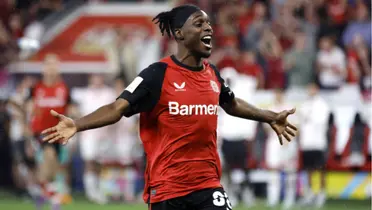
Liverpool eyes Jeremie Frimpong for its defense
25/03/2025
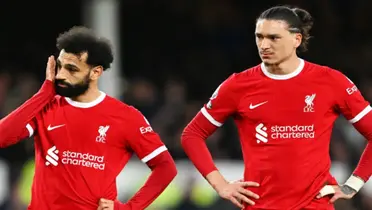
The two players Michael Owen proposed to Liverpool to replace Darwin Núñez and Mohamed Salah
25/03/2025
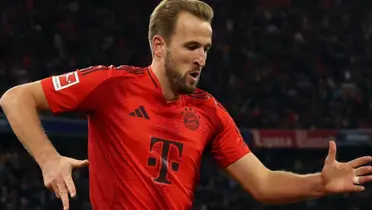
BOMBSHELL: Liverpool's 120 million offer for Harry Kane
24/03/2025
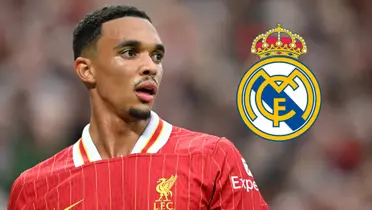
Details of Alexander-Arnold's multi-million-dollar Real Madrid contract leaked
24/03/2025

'It’s complicated' - Ragnar Klavan speaks out on Mohamed Salah and Virgil van Dijk Liverpool contract saga
24/03/2025
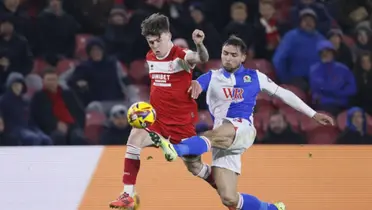
Bean Doak, the talent who could facilitate two Liverpool signings
24/03/2025

Virgil Van Dijk says goodbye to Liverpool and has a new destination
24/03/2025

Liverpool raises alarm over Luis Díaz and activates plan: Barcelona would be 'seeing a spark'
23/03/2025
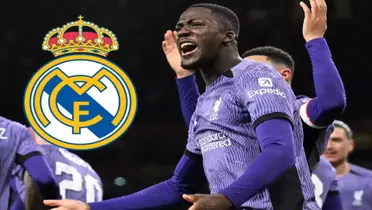
The juicy price Konaté would get for Real Madrid: Liverpool makes it easy
23/03/2025
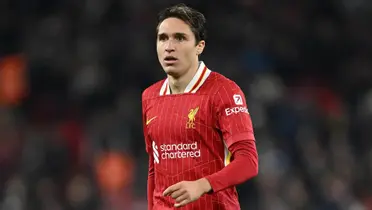
What's next for Federico Chiesa? Liverpool makes a transfer decision amid the winger's nightmare debut season at Anfield
23/03/2025
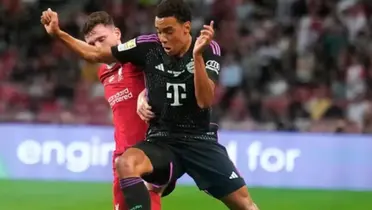
Liverpool and Bayern Munich at war over a 21-year-old gem
23/03/2025
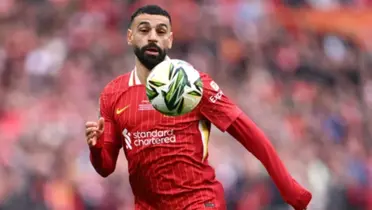
Salah and his Liverpool contract renewal: from imminent departure to unexpected surprise
22/03/2025
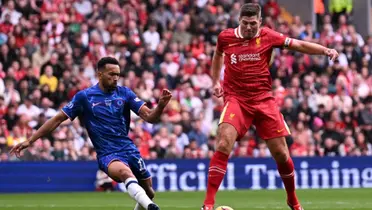
In full: Watch Liverpool FC Legends' 2-0 win over Chelsea Legends
22/03/2025
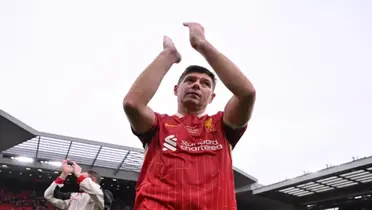
Steven Gerrard makes Liverpool Premier League title claim and pays tribute to Reds hero
22/03/2025

Van Dijk leaves Liverpool: four possible destinations
21/03/2025

Liverpool finds replacement for Van Dijk in Serie A
21/03/2025

Luis Díaz revealed his dream team with Messi, Iniesta, and Puyol: a nod to Barça?
20/03/2025
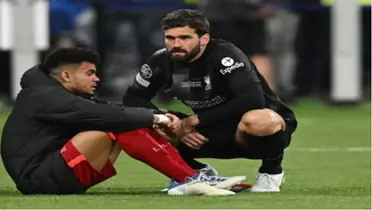
Alisson praised Luis Díaz just hours before Brazil vs. Colombia: "He's outstanding."
20/03/2025
